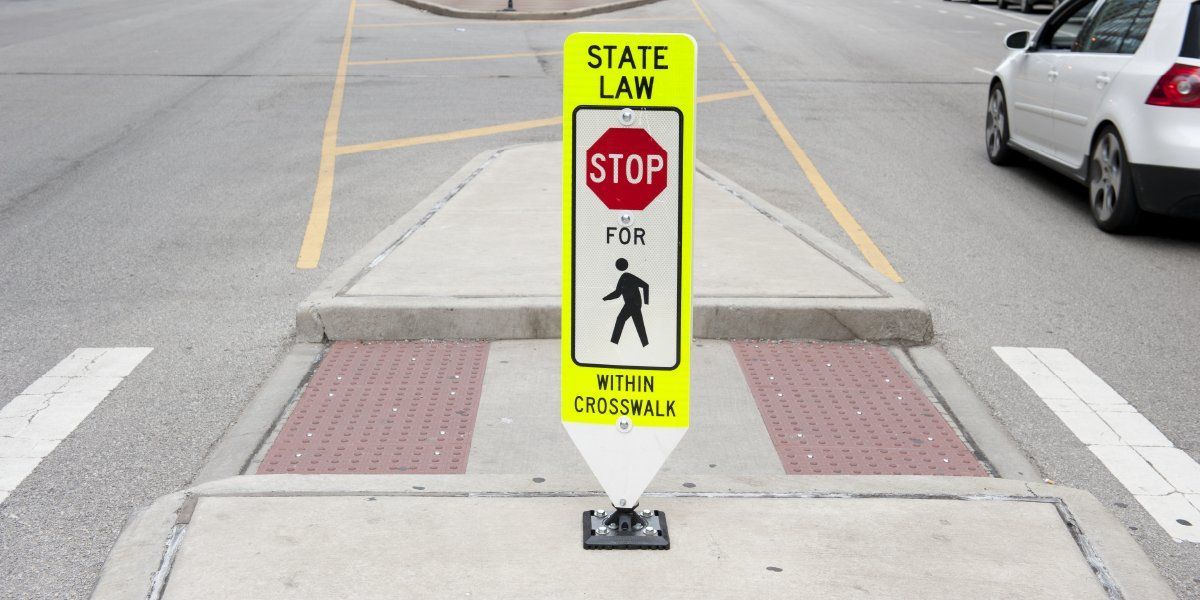The “Oughta Wanna” Effect

Many individuals perceive an ideal societal structure where certain functions are what you should naturally want to do. Unfortunately, many tend to believe everyone else inherently conforms to that model as well. It’s a cultural belief at Sparks Behavioral Services we refer to as the “Oughta Wanna” Effect.
School is an environment frequently cited as a place where children have the inclination to excel. Despite that belief, average student test scores have nationally dropped. The scores aren’t dipping because students don’t care; rather they require some time and attention to transform what they “ought to do” into a “want to do.” Teachers, parents, and caregivers can become flustered when students are seemingly just getting by. But a principle of Applied Behavior Analysis, reinforcement, can provide that transformative push.
In ABA Therapy, reinforcement (which can be a stimulus ranging from praise to reward) proves an integral element in improving social and learning skills. And it can achieve the same inside a classroom. Met with occasional hesitancy, some individuals feel it’s giving people things when they should just want to already do it themselves. But inaction only exacerbates falling test scores. Reaching sustainable change in the education system requires renewed focused on the “average” student.
For skilled students, doing well in school is typically already reinforcing to them. For the rest of the classroom, a little strategic planning with added reinforcement can bolster performance. The “Good Behavior Game” is popular behavior management strategy game enacted in elementary classrooms that promotes prosocial behavior and reduces challenging behavior. While there are many versions, its most effective form turns the classroom into a team that works in tandem to achieve a range of goals. If they succumb in one area, attention and reward is then diverted toward another. The game sustains motivation for every student, even when underperforming in a specific area.
Many people identify the workplace as another arena where everyone should be industrious. In today’s culture, working hard often doesn’t translate into getting ahead or higher pay. In places with minimal opportunity to move upward and where raises are minimal to nil, there’s no incentive to work beyond the scope. Pay not keeping up with cost-of-living compounds this issue further. Where trajectory appears limited, workers are easily bereft of motivation.
Ultimately, turning “oughta” into “wanna” requires examining current reinforcers in any given situation and comparing the probability, size, delay, and effort that encourage the behavior to alternative sources of reinforcement. The transformation occurs by making the desired behavior less effortful than alternatives or the reinforcer becomes more sizable, probable or less delayed than alternatives.
In all levels of society, things average out. And the science of Applied Behavior Analysis can increase the average by revealing what turns “oughta” into “wanna.”







